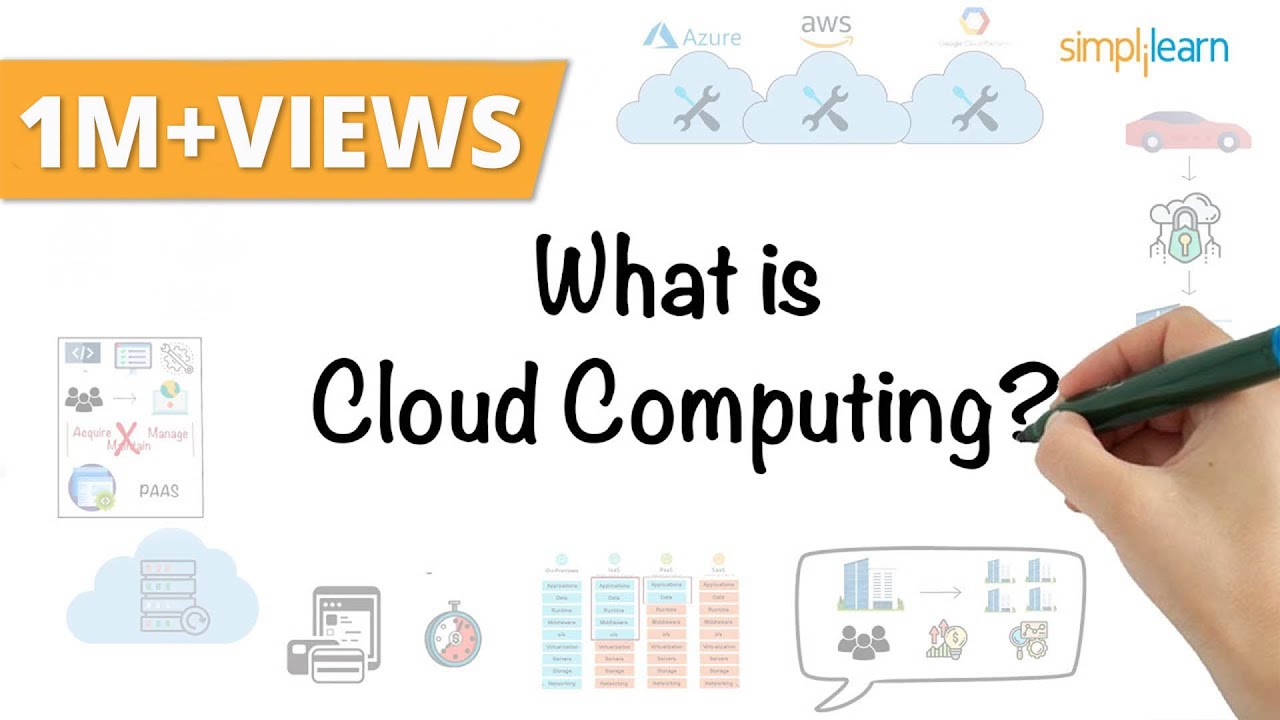
Cloud computing has revolutionized how businesses and individuals store, manage, and access data. Central to this evolution is the concept of instances, which form the backbone of many cloud services. Understanding what an instance is and how it functions can help users optimize their cloud usage, cut costs, and enhance performance.
What Is An Instance In Cloud Computing?
An instance in cloud computingis essentially a virtual server that provides resources for running applications, storing data, or performing various computational tasks. It operates on the cloud provider’s physical infrastructure but functions like a fully independent server.
When you launch an instance, you're tapping into a pool of shared physical resources like processing power, memory, and storage that can be scaled up or down as needed.
Key Features Of A Cloud Instance:
- Virtualization: Instances are virtual environments, which means they are highly flexible and customizable to meet different requirements.
- Resource Sharing: Instances share the physical hardware resources of the cloud provider, optimizing performance and cost-efficiency.
- Accessibility: Since instances are hosted in the cloud, they can be accessed from anywhere globally, making them perfect for remote workand global businessoperations.
If you are using services like iCloud, freeing up storage space becomes a priority. For example, here are tips on how tofree up space on iCloud storage, which include managing backups, deleting old files, and offloading rarely used apps.
Types Of Instances In Cloud Computing
Choosing the right type of cloud instance depends on the specific needs of your businessor personal projects. Here’s a breakdown of the most common types of instances:
See Also: How Animation Can Transform Your Marketing Efforts?
On-Demand Instances
On-demand instances are pay-as-you-go services. They offer flexibility and are best suited for short-term or unpredictable workloads. You only pay for what you use, making them ideal for small businesses or projects that don’t require constant resources.
Reserved Instances
Reserved instances require a commitment, usually for a period of 1 to 3 years, but offer significant cost savings in return. These instances are great for steady workloads where you know you'll need long-term cloud resources.
Spot Instances
Spot instances allow users to bid for unused cloud resources at a lower cost. These are perfect for tasks that can tolerate interruptions, such as batch jobs or data analysis tasks, where cost savings are more important than constant uptime.
Use Cases For Different Instance Types
- On-demand instances: Ideal for startups, new projects, or sporadic traffic spikes.
- Reserved instances: Perfect for established businesses with steady, predictable workloads.
- Spot instances: Great for computational tasks that require massive processing power but can tolerate downtime, such as rendering and large data analysis.
Benefits Of Using Cloud Instances
Cloud instances provide several compelling advantages for businesses and individuals. Here are the top benefits:
Scalability
Cloud instances allow you to scale resources up or down depending on your current needs. If traffic spikes, you can quickly add more instances. Conversely, you can scale down when demand is lower, ensuring you only pay for what you use.
Read Also: 10 Reasons Why Freelancers Prefer Upwork Over LinkedIn Profinder
Cost Efficiency
One of the main advantages of cloud instances is that they help reduce operational costs. Instead of investing in expensive on-premise servers, you can rent cloud instances as needed, reducing capital expenditure.
This is especially relevant for businesses running local SEOfor small businesses, where keeping costs low while maintaining performanceis essential.
Global Access
Since cloud instances can be accessed from anywhere, they enable remote work and global collaboration. Teams in different parts of the world can access the same instance, improving efficiency and reducing downtime.
Automation And Control
Many cloud providers offer automation tools for instances, allowing businesses to automate scaling, backup, and recovery tasks, ensuring seamless operation without constant manual intervention.
How Instances Differ From Virtual Machines

Cloud Computing In 6 Minutes | What Is Cloud Computing? | Cloud Computing Explained | Simplilearn
It’s easy to confuse cloud instances with traditional virtual machines(VMs), but there are key differences between them. While both offer virtualized environments, the setup, resource allocation, and flexibility vary significantly.
While both cloud instances and VMs offer virtualized environments, cloud instances provide more flexibility, easier scalability, and often come with lower operating costs.
Practical Applications Of Cloud Instances
App And Software Development
Developers use cloud instances to test, build, and deploy applications in a scalable environment. Instances can be scaled up to handle large testing environments or scaled down for small-scale projects.
Business Operations
Instances are widely used in business operations for tasks such as hosting websites, managing customer databases, or running internal applications. With instances, businesses can quickly adjust resources to meet demand without costly investments in physical servers.
For those running local SEOfor small businesses, cloud instances ensure fast load times and efficient website performance, which are crucial for SEO rankings.
Data Analysis
For big data and machine learning, cloud instances provide the computational power necessary to process large datasets. This is crucial for businesses looking to gain insights through data-driven decision-making.
FAQs About What Is An Instance In Cloud Computing?
What Is The Difference Between A Cloud Instance And A Physical Server?
A cloud instance is a virtualized version of a server that operates in the cloud, while a physical server is hardware-based and located on-premise.
How Do Instances Help Businesses Save Money?
Cloud instances offer a pay-as-you-go model, allowing businesses to scale resources based on demand, reducing upfront costs and the need for expensive hardware.
Can I Scale My Instances Easily?
Yes, cloud instances can be scaled easily to match the growing needs of a business, ensuring you only pay for the resources you use.
How Secure Are Cloud Instances?
Cloud instances come with built-in security features like encryption and access controls. Providers often offer additional tools to ensure your data is secure.
Final Thoughts
Cloud computing continues to transform how businesses operate, and understanding the role of instances is crucial for maximizing the benefits of the cloud. Whether you are deploying applications, managing databases, or running data-heavy operations, cloud instances provide scalable, cost-efficient solutions tailored to your needs.
With the growing popularity of cloud computing, it's essential to explore different aspects like best cloud gamingservices in 2024, which leverages cloud instances to deliver high-quality gaming experiences without the need for expensive hardware.
Related: 15 Link Building Strategies In 2024 For Effective SEO

